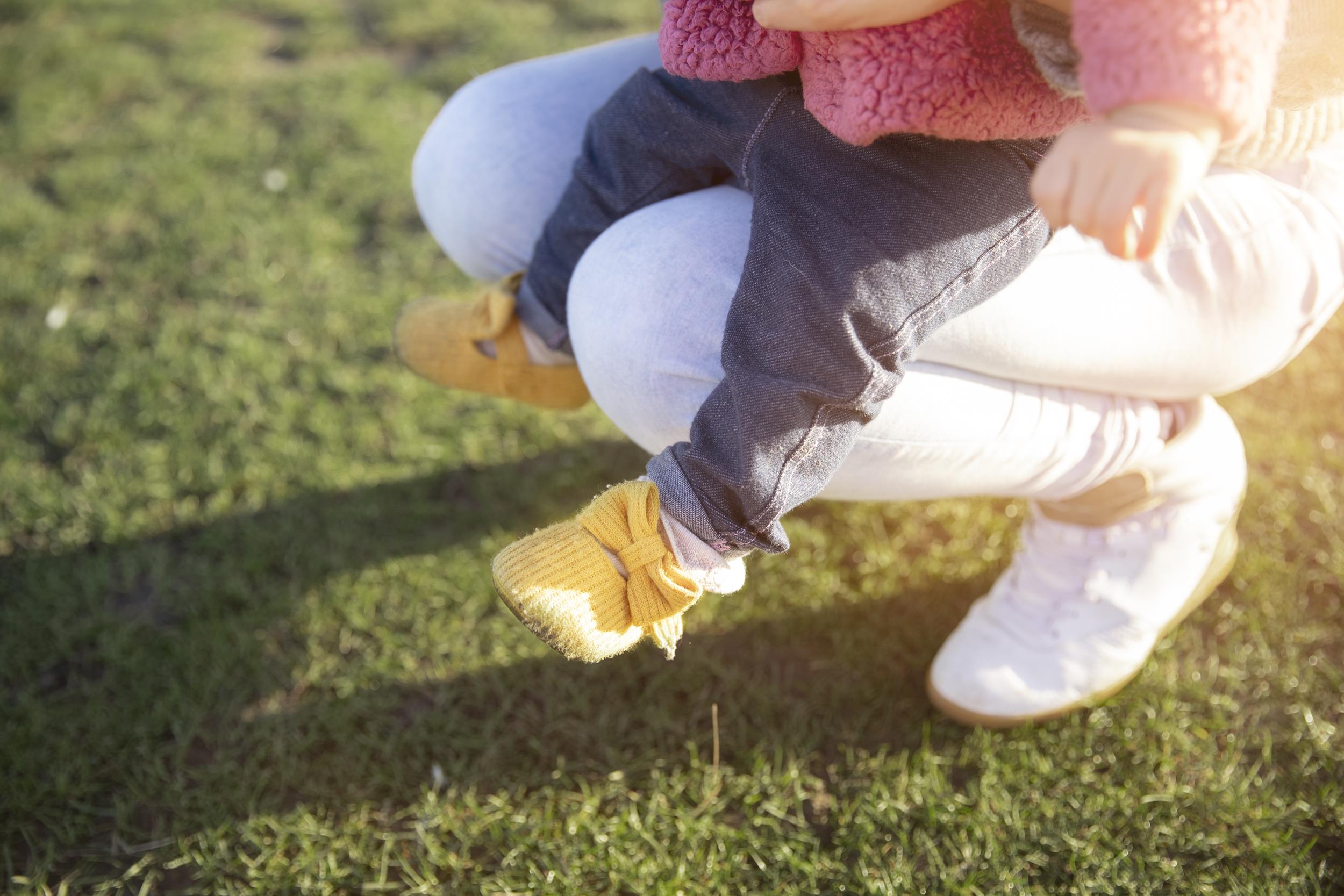Following on from our talk and presentation at the Dubai Foundation for Women and Children this summer, the increasing importance of highlighting various matters concerning children’s rights and the Law in UAE has become apparent.
The main law which deals with family issues and those in relation to children is the Personal Status Law No. 28 of 2005. The Personal Status Law was developed from traditional Sharia and takes into account the changing needs of modern society. This law regulates all matters with regards to children with an emphasis on the rights of a child.
In UAE custody and guardianship of a child are two separate issues that must be addressed individually as parents do not share equal responsibilities for a child in the UAE. Custody means taking care of the child’s day-to-day life. The Custodian has actual, physical custody of the child and must raise, take care of, and bring up the child. Custody is usually granted to the mother without interfering with the rights of the father as Guardian of the child. The custody laws provide that a parent should have the same religion as the child. The religion of the child is determined by the father so if the father is Muslim, the child is also Muslim. If the mother is not Muslim, she may lose her right to custody.
Custody of a child in UAE
UAE laws indicate that custody of the child depends on three rights — that of the father, custodian (who is usually the mother), and child under custody. If the three rights exist in harmony with each other, they are considered valid; but if they contradict one another, the best interest of the child will always be looked at first.
Guardianship in most cases is with the father. The Guardian is the person who financially maintains the child, makes important decisions about the child’s education and upbringing, and generally takes care of the child’s affairs. It is often questioned whether a mother can become the Guardian for the child. The mother will never have the right of guardianship without the court’s direction. If the issue of guardianship is disputed, the Court will make a final decision based on the facts of each case and ensure that the child’s best interests are met. There are no set criteria for determining what may be in a child’s best interests and the Courts will exercise their discretion in making these determinations. It should be noted that if the mother is appointed as Guardian, the father may no longer have financial responsibility for the child. In some cases, the Court may appoint another relative as Guardian and not necessarily the mother.
Sharia highlights the importance of children and the necessity to look after them and their welfare so that they can reach their full potential in life. In line with this principle, in 2016, the UAE issued a new Law (Federal Law No. 3 of 2016 concerning the rights of children – also known as Wadeema’s Law) with the aim of protecting the rights of children. The Law applies to all children up to the age of 18. Pursuant to Article 39, the child’s physical and psychological interests are the only criteria that matter when deciding a child custody case.
Furthermore, the Law states that anyone who puts children in danger abandons them, neglects them, leaves them without supervision, does not enrol them in school or register them upon their birth, will be subject to a prison sentence or a fine. The Law bans child labour and stipulates that children can only begin working once they reach the age of 15 and bans the economic exploitation and recruitment of children in any work that endangers their lives.
Reporting child abuse
If you are aware of a child who is in immediate danger or at risk of serious harm, you should call the Police and report the matter to the Ministry of Interior’s Child Protection Centre. The Child Protection Centre was set up to undertake the role of developing and implementing processes that aim to provide safety, security and protection for all children living in the UAE and even those coming as visitors.
It is mandatory for everyone connected to the child, be it a teacher, doctor, family friend or neighbour, to report any signs of child abuse or neglect to the authorities. Anyone who fails to report such an incident would be subject to a prosecution or a fine.
The child abuse matter should be reported to medical experts and the police and witnesses provided, where available. Such matters as excessively disciplining a child, ie hitting a child around the face or beating a child so as to cause bruises or marks, should be reported.
For expert guidance on family law matters, including custody and guardianship issues, consider reaching out to our family lawyers in Dubai at enquiries@jamesberrylaw.ae or call us at +971 4 3317552.

Head of Family Law / Senior Consultant

